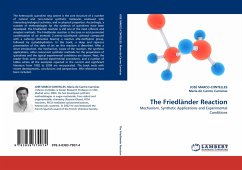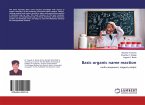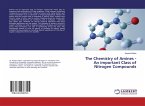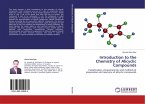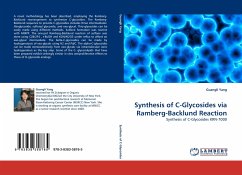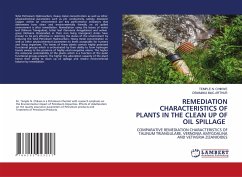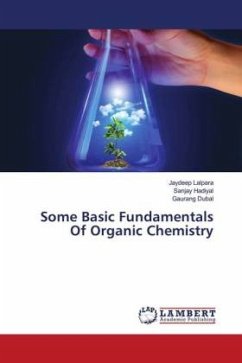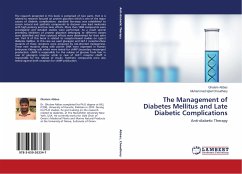The heterocyclic quinoline ring system is the core structure of a number of natural and non-natural synthetic molecules endowed with interesting biological activities, and or physical properties. Accordingly, a number of methodologies for the synthesis of quinolines have been developed. The Friedländer reaction is still one of the most efficient and simplest methods. The Friedländer reaction is the base or acid promoted condensation of an aromatic 2-amino-substituted carbonyl compound with a carbonyl derivative bearing a reactive alfa-methylene group, followed by cyclodehydration. In this book, a deep and rigorous presentation of the state of art on this reaction is described. After a short introduction, the mechanism, scope of the reaction, the synthetic applications, other concurrent synthetic methods for the preparation of quinolines and the typical experimental conditions are shown. Next, the reader finds some selected experimental procedures, and a number of tables where allthe examples reported in the current and significant literature from 1982 to 2009 are incorporated. The book ends with recent developments, conclusions and perspectives. 490 references have been included.
Bitte wählen Sie Ihr Anliegen aus.
Rechnungen
Retourenschein anfordern
Bestellstatus
Storno

